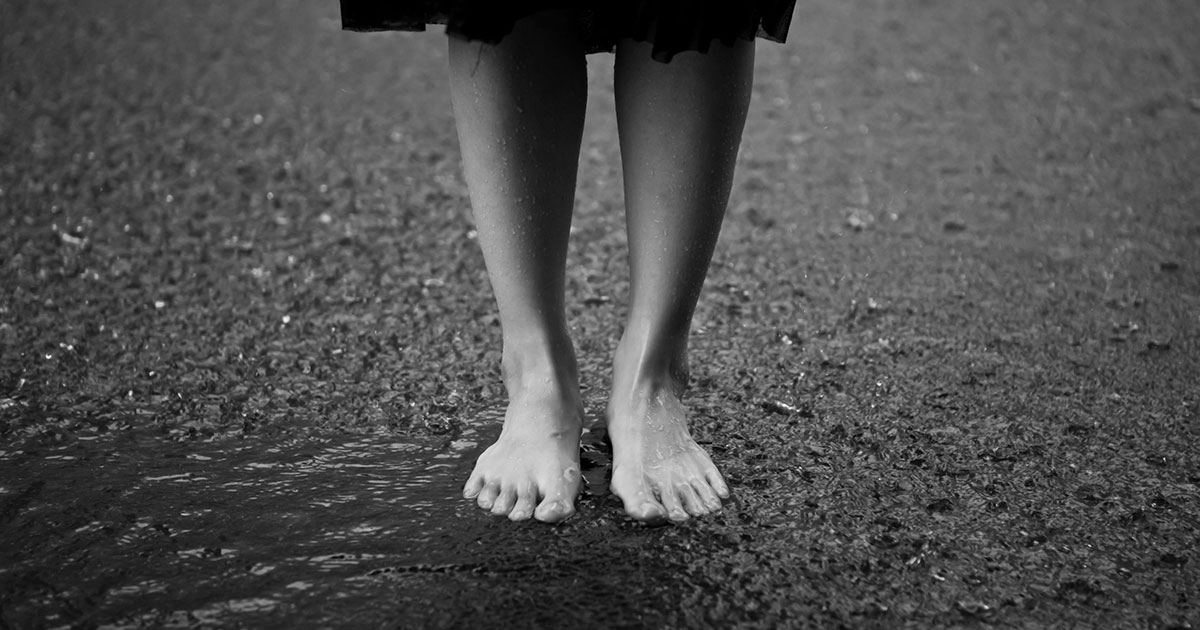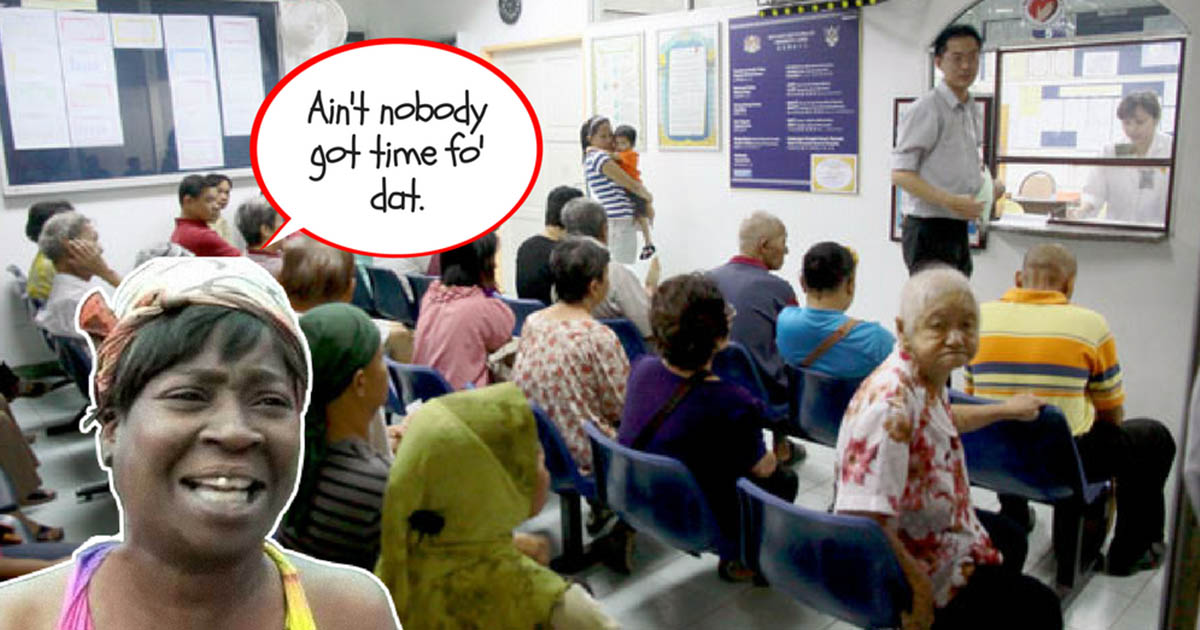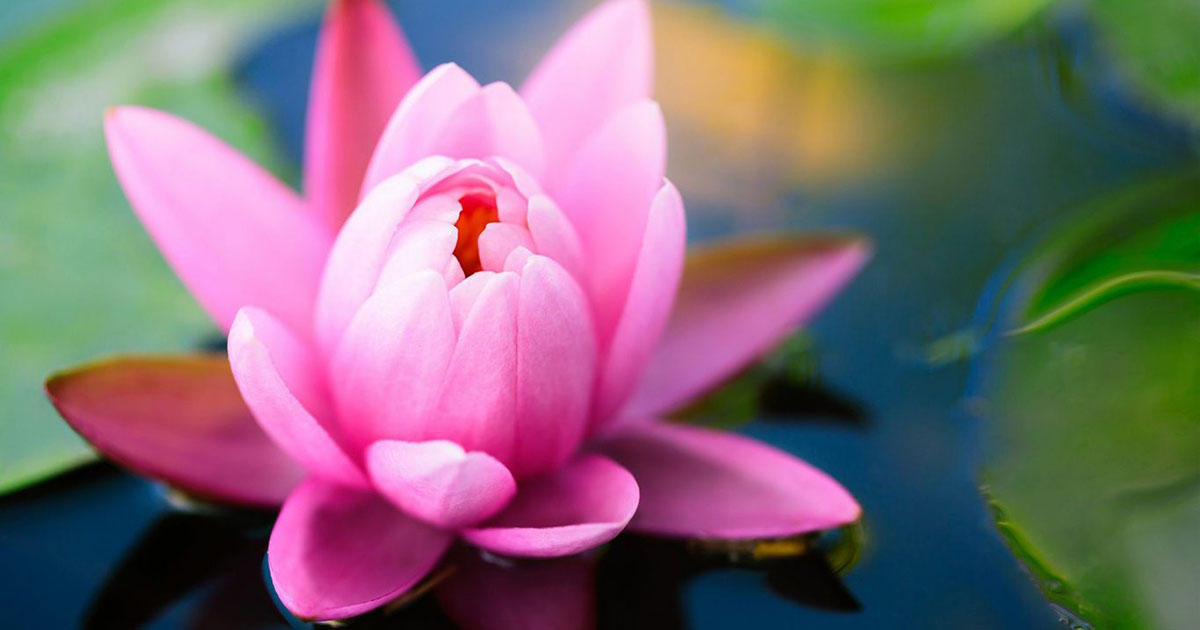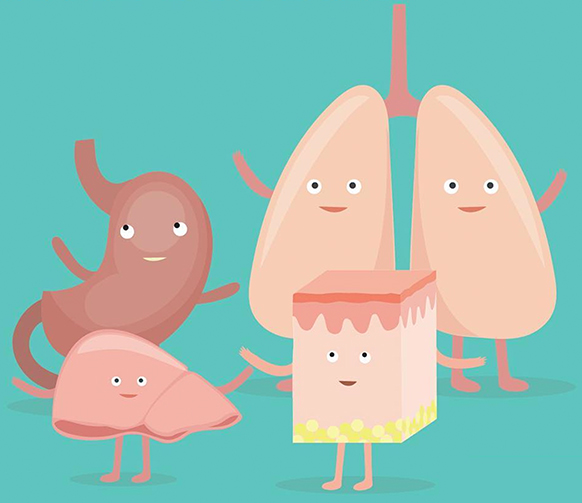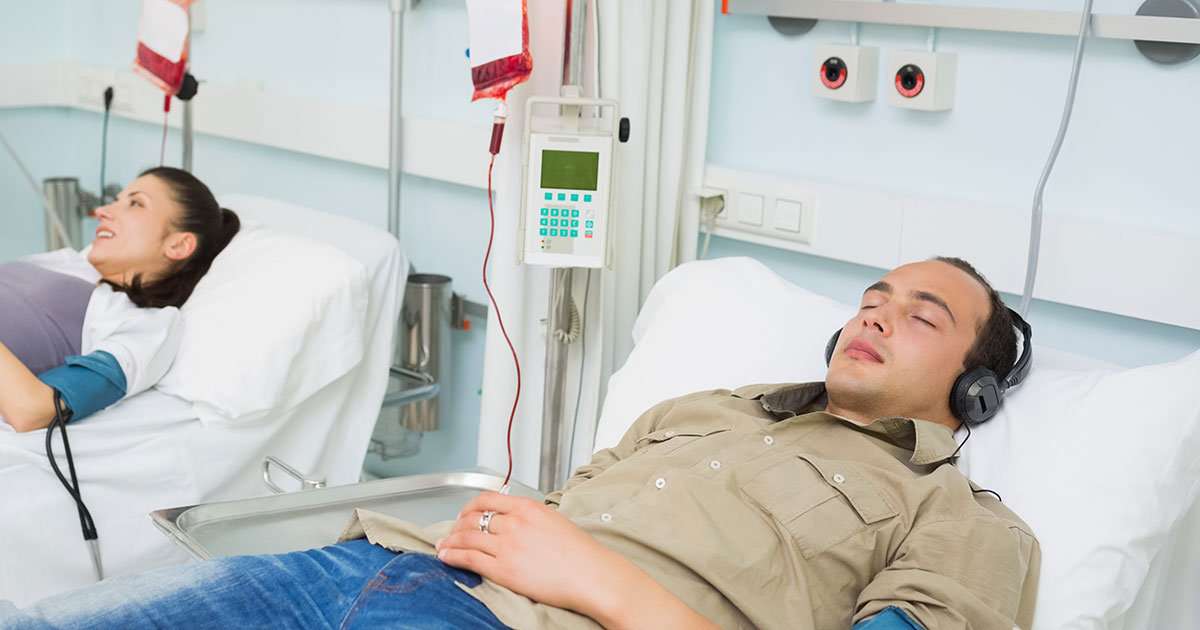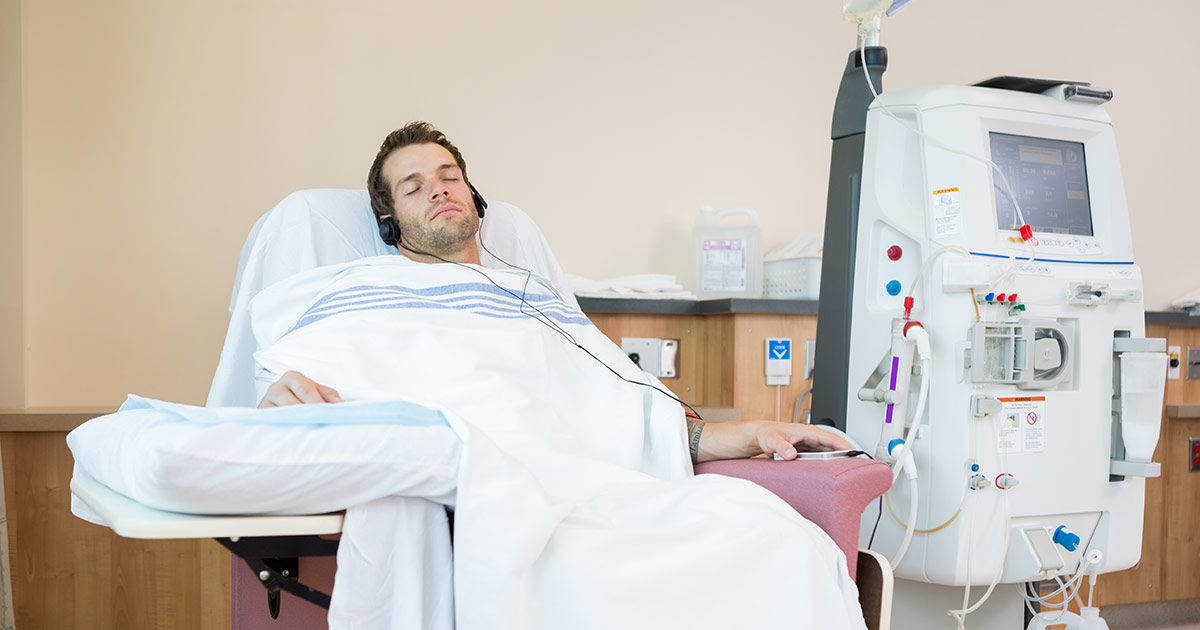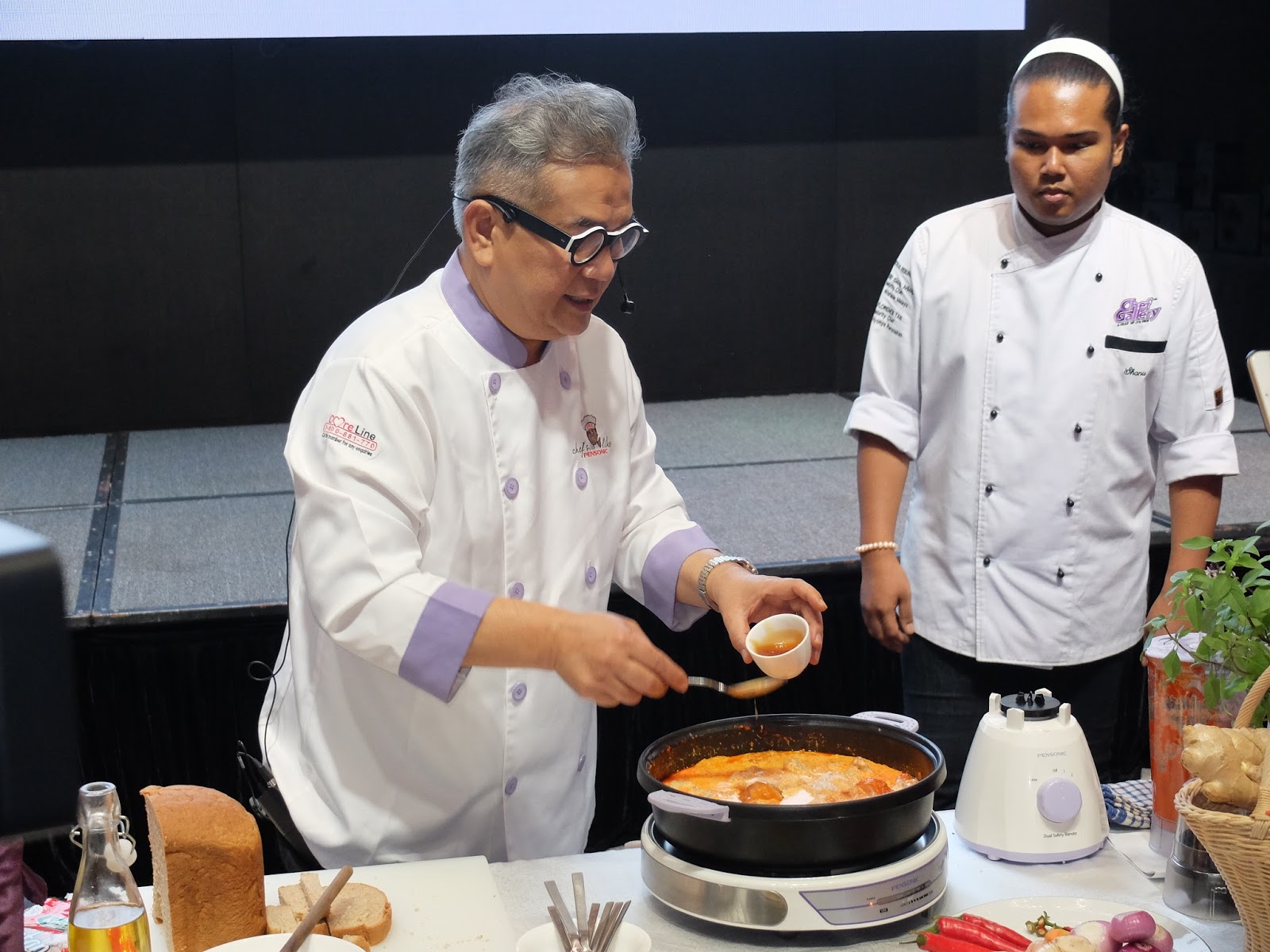Vaidya Siby’s Knowledge of Life, a meaningful book on Ayurveda, is a book on healing and hope. This is not a small feat in a world where people face, on a day-to-day basis and constantly, various degrees of anxiety and hopelessness about their health status, and about life and death.
Ayurveda (“Science of Life”) is a traditional system of healing that originated in ancient India. I encountered Ayurveda almost 20 years ago through a dear friend. Since then, I have been a beneficiary of Ayurveda healing therapies. One of my initial experiences goes back to their method of pulse reading. Unlike the allopathic doctor, an Ayurveda Vaidya (‘doctor’) picks up many more aspects of your health. They hear much more from the pulse than just heartbeat. They are able to diagnose a lot more from my pulse that I have found to be accurate about my basic health status. That really fascinated me and deepened my interest.
Since that encounter, I have visited several Ayurveda centres in India and Malaysia, interacted with many Ayurveda Vaidya, experienced a variety of Ayurveda healing therapies, and have consumed an even greater variety of their natural and herbal medications. Siby, the author of Knowledge of Life, is my Vaidya and a good friend, whom I have known for over 10 years. And, my understanding of Ayurveda has been to a good extent influenced by him.
In a world struggling to be sustainable, Ayurveda offers a preferred way to holistic healing and sustainable health. Thus, my association with the Ayurveda healing approach has been an effort at reducing my dependence on the side-effects ridden allopathic medications. It was also an effort to support a more holistic and natural health movement that addresses causes not symptoms, and that attempts to set right ill-health causing imbalances in the body and help re-establish deep balances that are healing.
It is important that people realise that modern Western allopathic medicine is not the only way to understand a body, its pathological states, and the therapies to treat them. Healing cultures are much larger and ancient than Western medical practice.
Of course, there is no denying of the contributions of allopathic medical practice to address many of the diseases produced by modern society and lifestyles. But Ayurveda, like many other traditional healing systems, is on record as a better way to manage many diseases of modernity and modernity-linked lifestyles. In countries like India, which has well-established traditions of traditional healing systems, health scientists are actively exploring the combination of approaches and medications in the treatment of many diseases. This has proved to be effective and beneficial for the patients.
Coming back to Knowledge of Life, the book documents 13 case studies of patients who Vaidya Siby has treated – and covers obesity, thyroid disorder, rheumatoid arthritis, diabetes, drug abuse, alcoholism, depression, brain tumour, cerebral palsy, stroke, eczema, psoriasis, subfertility, and even loss of trust. Intimately capturing personal journeys of struggles for better health and well-being, Siby takes the reader towards a better understanding of Ayurveda, its orientations, its key concepts, its rich pharmacopeia and his approach to practicing it.
Written in an easy, conversational style, Siby opens to the readers the theory and practice of Ayurveda – from treatises originally written in the Sanskrit language – making it as accessible as possible to an ordinary person. In a sense, Knowledge of Life is your introduction to Ayurveda concepts and practice: it is Ayurveda 101.
This is the first book on the theory and practice of Ayurveda that I have read that is presented in a very approachable and readable fashion. Without losing its importance, the book mindfully avoids unnecessary religious and philosophical contextualization of Ayurveda that I have found in so many other books.
Ayurveda often presented as all codified and received from a divine source. In my reading, Knowledge of Life hints at a different genesis. My hunch is that historically, many of the healing practices and medications found in Ayurveda predates ‘organised Hinduism’ as ordinary people faced ailments in their everyday life in ancient India. They sought to treat themselves with the herbs that they came across in a world where the interaction with Nature was an intimate and integral part of their day-to-day survival – and their Being. I see this relationship with Nature as an important part of all traditional healing systems. Ayurveda is built on this and is, therefore, extremely sensitive to local flora and deep knowledge about their healing and nutritional properties. Codification came after.
Though keeping out the religious, the role of the spiritual is not lost in Vaidya Siby’s book. Knowledge of Life certainly shows how important one’s spirituality is for the healing process. In this, it certainly reflects Siby’s sensitivity to the multi-racial, multi-religious and multi-cultural contexts from which his patients come from. I have seen people from all communities seeking his advice and benefitting from his healing practice. I am also aware of people from different faiths benefitting from Ayurveda. They connect in their own ways to the spiritual and draw strength from that.
This brings me to a very important aspect of his approach to Ayurveda practice. As you go through the 13 tales, you begin to notice an important pattern – an important lesson. As Vaidya Siby engages with each patient, he seems to be looking for that realization that indicates to him that the patient has taken the initial step to undertake the challenging journey and responsibility to heal herself/himself.
This is a very critical stage. It can come before, during or after he starts his Ayurveda medications, which address the physical body. Vaidya Siby spends a lot of time having deep conversations – partly exploratory, partly comforting, partly investigative, partly cathartic (for the patient), partly encouraging self-realisation – with persons who seek his support and advice. In a sense, medications are important but secondary.
Preparing the patient’s spirit for the healing journey is key to Vaidya Siby’s approach. It reflects his firm belief in the human spirit. And, it is the way to take the patient towards an important stage – the realisation about the potentials and limits of one’s body, and on the need to stop abusing this Nature, which one is born with, an intimate part of one’s Being. Your body, which is Nature, has all that is needed to help you in healing and the ‘larger Nature’ has all the herbal solutions that can contribute to that healing. Preparing the spirit is like preparing the ground for the medications to work its miracle.
Thus, for Vaidya Siby, the basis of the healing journey is the recognition, realisation, acceptance, disciplined engagement with structured and nature-supported Ayurveda therapies and medications, and a sustained willingness to make definite changes in one’s unthinking, careless lifestyle. These lifestyles have become an integral part of the industrial civilisation we live in, a civilisation that has introduced thousands of disease-causing toxins into our body and into the environment.
The important thing here is that Ayurveda therapies and medications, like many traditional healing systems, enhance the natural bodily processes and balances that help the body to strengthen immunity and heal itself. This is not the case in the allopathic system. Take the example of cancer. Some allopathic specialists have come up to the conclusion that cancer patients actually die from the toxic medications they take, and not necessarily from the disease per se. Because of their severe and inevitable side-effects, modern allopathic medications upset the natural processes and balances, and weaken the body’s Nature to defend itself. The rules of warfare, and not the wisdom of establishing balance, guide Western medical practice.
Knowledge of Life is certainly a meaningful and useful book. But some of the contexts in which Ayurveda operates today also needs to be clear. Operating in modern consumerist societies, Ayurveda has become an expensive healing system. This has implications on who can afford it. In some of the cases in the book, this is a critical concern for the patient. And, I think it has not been adequately addressed. Many private Ayurveda centres in India are serving the needs of the Indian elite, NRIs [ Non-resident Indians] or the Western ones or, moving in that direction. So are the centres in Malaysia. You need adequate finances to access Ayurveda. It may be worthwhile to consider ways to get more financially-challenged persons to access it.
Modernity has thrown up lifestyles that are varied and complex. In Malaysia, ethnic cultural cuisines are also varied and complicated. Many of these do not necessarily fall into the Indian Ayurveda way. Consuming alcohol, eating meat, having different sexual orientation, and many other options, are not directly compatible with the Ayurveda way. While I believe Vaidya Siby refrains from moralising, I have sometimes faced situations when other Vaidya unfortunately moralises as part of the treatment – s/he makes comments on what must be the ‘right’ or ‘correct’ way of living. There is no notion of diversity in the approach to health — living a healthy life seems to be presented as a monoculture! Long time ago, I have had quarrels with one Vaidya for demonising non-vegetarians as cruel and heartless people. Ayurveda does not really prohibit non-vegetarian food though vegetarianism is preferred. The temptation to moralise is an ‘ailment’ that the Ayurveda Vaidya needs to unlearn.
The 13 accounts in Vaidya Siby’s book highlight the journey of the patients from despair to healthy equilibrium. But it says very little about the journey of the Vaidya. Maybe there was none but I refuse to believe that the 13 ‘tales’ did not offer Siby learning of his own. In all the situations , he, of course, comes across as the “guru,” ready to provide ways for a patient to find his/her own spirit for healing and the therapies/medications to be taken. But I am curious as to how multi-racial, multi-religious and multi-cultural cuisine environments have affected his practice of Ayurveda. Did he change the way he treated or the way he combined the herbal medications? Did he have dialogues with the other alternative or traditional practitioners and did that have any impact on his practice? Was he open for it? Did he develop the Ayurveda cuisines based on Malaysian vegetables and herbs? It would have been nice to read about this learning in his 13 narratives.
The contexts and realities that produced a book of this sort are certainly complicated. And, of course, one cannot expect Vaidya Siby to touch on all those aspects deeply – social, cultural, political, and legal – as it will detract him from his main concerns. The intimate healing situations in Knowledge of Life certainly provide opportunities to better understand Ayurveda. But beyond that, as we encounter the struggles of the patients in the contexts of Vaidya Siby’s assisted, self-directed healing, the stories of healing provoke a deep sense of hope to live a healthy, happy and harmonious life.
